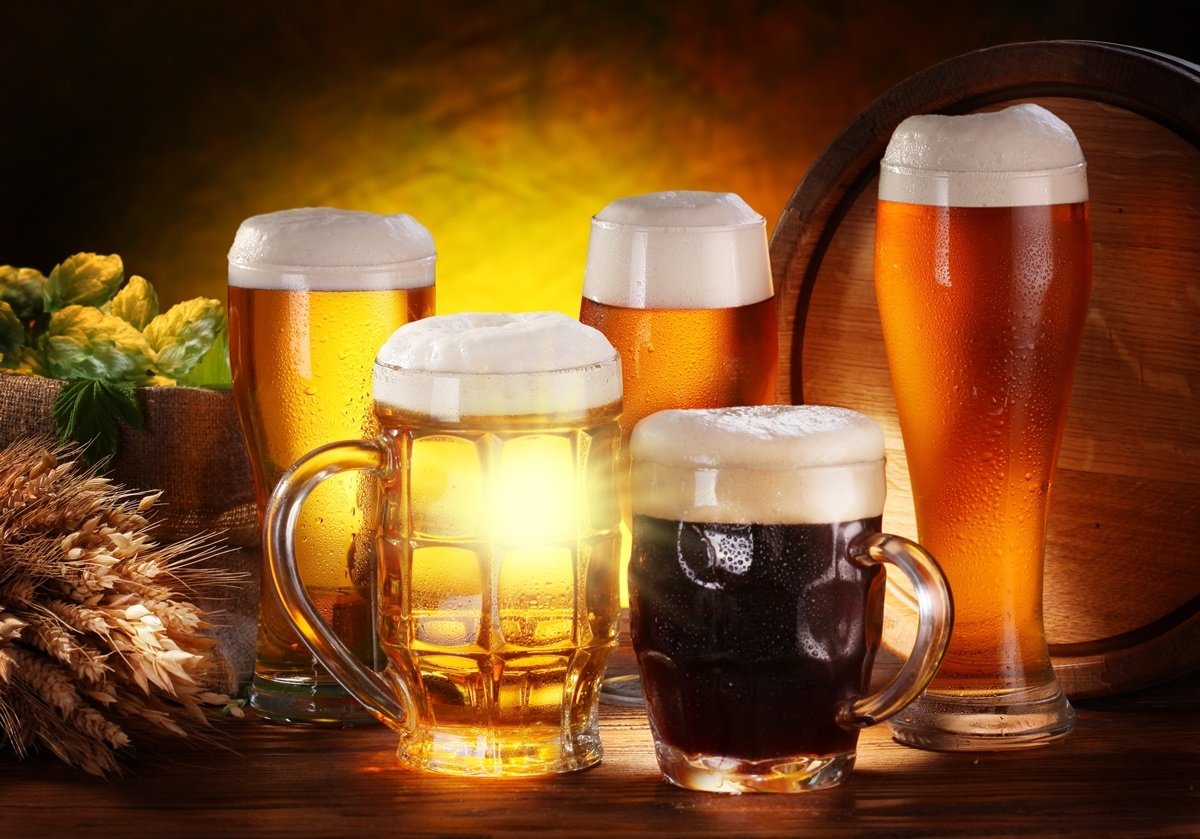
How beer affects human health is judged based on empirical evidence rather than scientific evidence, and in medicine it is more common to consider the negative than the positive effects of beer.
However, according to scientific data, alcohol also has a positive effect!
There is a relationship between pro-oxidants and antioxidants in alcoholic beverages. The more the antioxidant effect outweighs the effect of free radicals, the more beneficial an alcoholic beverage – in this case, beer – is to a person. Of course, large doses of alcohol are harmful to the body.
🍻A daily intake of 20-30 g of alcohol can reduce the risk of cardiovascular disease by approximately 40%; at the same time, the amount of total tocopherol (vitamin E) increases. Moderate beer consumption increases resistance to lipid peroxidation, and a well-chosen snack can reduce the pro-oxidant effect of alcohol.
🍻It is better to drink beer with food, as absorption slows down, and the protective effect of alcohol is longer. Drinking alcohol less than once a week has no effect on atherogenesis.
🍻Hydroquinone contained in beer also has a positive effect. It acts as a reducing agent, antioxidant, and polymerization inhibitor. As it turned out, to a certain extent, it also prevents the growth of neoplasms. Glycine betaine, found in beer, also has some anti-mutagenic properties.
🍻It is also interesting that alcohol has protective properties against Helicobacter pylori infection, while coffee has opposite properties.
Don’t forget!
🍻Alcohol abuse is fraught with diseases such as cirrhosis of the liver, brain degeneration, toxic damage to nerves, mucous membranes, and erythrocyte membranes. Cancer of the esophagus is possible. With prolonged alcohol abuse, there is a deficiency of vitamin B12 and E, the content of selenium and zinc in the body decreases
